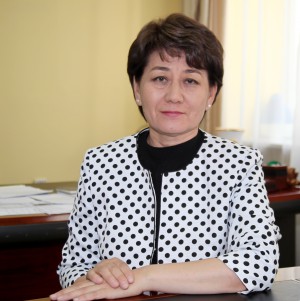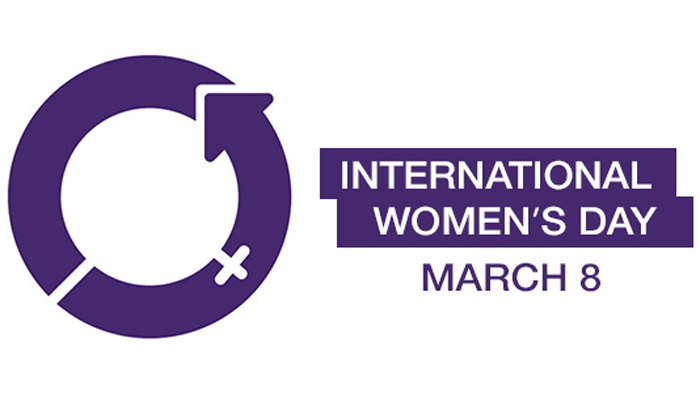Over the past year, there's a strong call-to-action to press forward and progress gender parity. There are strong initiatives that push for change and demand change on women equality at the workplace, at home and beyond. Young women actively join the conversation and try to motivate their immediate environment to question the societal status quo, and act towards a gender inclusive world.
In the water sector, the adoption of the Sustainable Development Goals (SDGs) led world leaders to place gender equality and women empowerment at the heart of the 2030 Agenda (SDG 5). GWP supports gender equality with its core values of social equity, diversity, and inclusion, and promotes women to reach their full potential.
As stated by the Chair of our organisation, Dr. Oyun Sanjaasuren: “GWP, being a multi-stakeholder partnership, naturally involves the voices of women at all levels, from decision-making through to implementation. This is manifested in the GWP Gender Strategy, launched in 2014.” The links between women and water, energy and the environment must be further explored and widely communicated because gender equality in decision-making is fundamental for the successful delivery of the SDGs.

#WaterWomen in NCWR team!
To celebrate IWD2018, since we are a women-only team, we decided to voice our opinion and share our outlook on how women can reach their full potential by taking action and making a difference in the Water Sector and the world.
We present the four members of the NCWR team:
Konstantina Toli, Senior Programme Officer
Theme leader NCWR, Urban Water, Water-Employment-Migration
"Decision-making and leadership is a privilege attributed mainly to men across sectors and this must change. Let’s make the water field a fair and equal space to work, for women who want to make a difference. Actively pursuing women rights and respect will multiply the voices and impact towards a sustainable future."

Mariela Antonakopoulou, Programme Officer
"Human rights must be equal for both genders just like the right to clean water. However, neither seems to be obvious for everyone. Activists daily protest, form human chains, go on strikes and sign petitions to demand equality and access to water. Empowering women can lead change and bring us one step closer to creating sustainable water solutions."

Nassia Kassela, Programme Officer
"Rural women across countries lack decent work conditions and social protection. The application of water technologies can provide employment opportunities and benefits in addition to clean water and sanitation. The Time Is Now to act upon gender equality and rethink water security."

Panagiota Kaltsa, Communications Officer
Since before the 20th c. women strive to declare a seat at the table and become involved in national and international affairs. Activism rewarded many of us, but this battle is ongoing. The water sector should involve more women across urban and rural communities to highlight shortcomings and to fight for sustainability. Water Women can make a difference and The Time Is Now."

